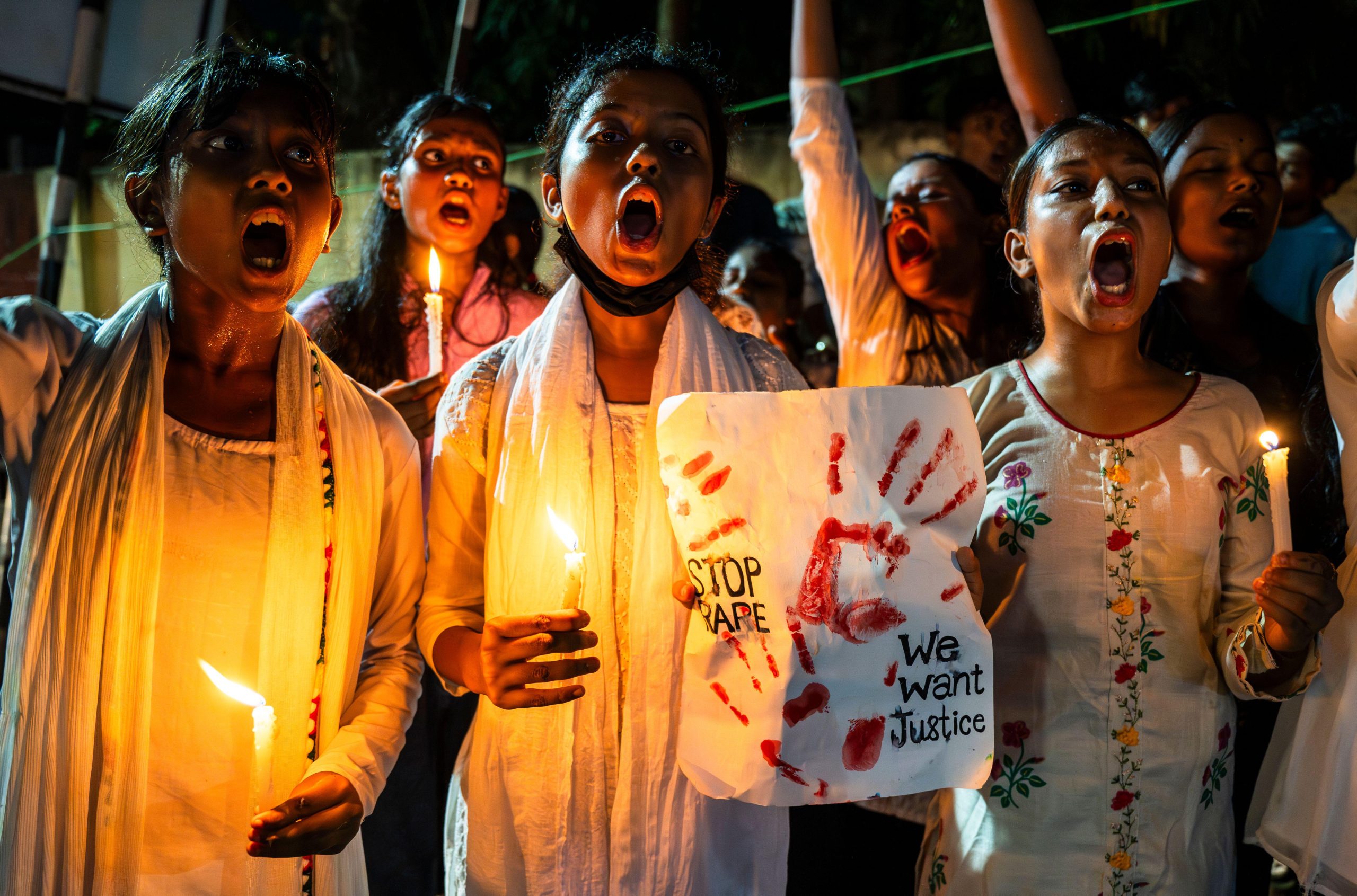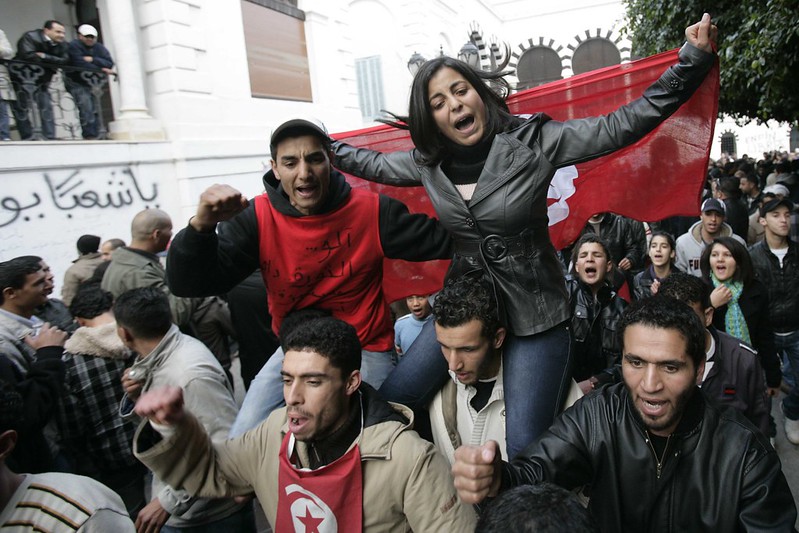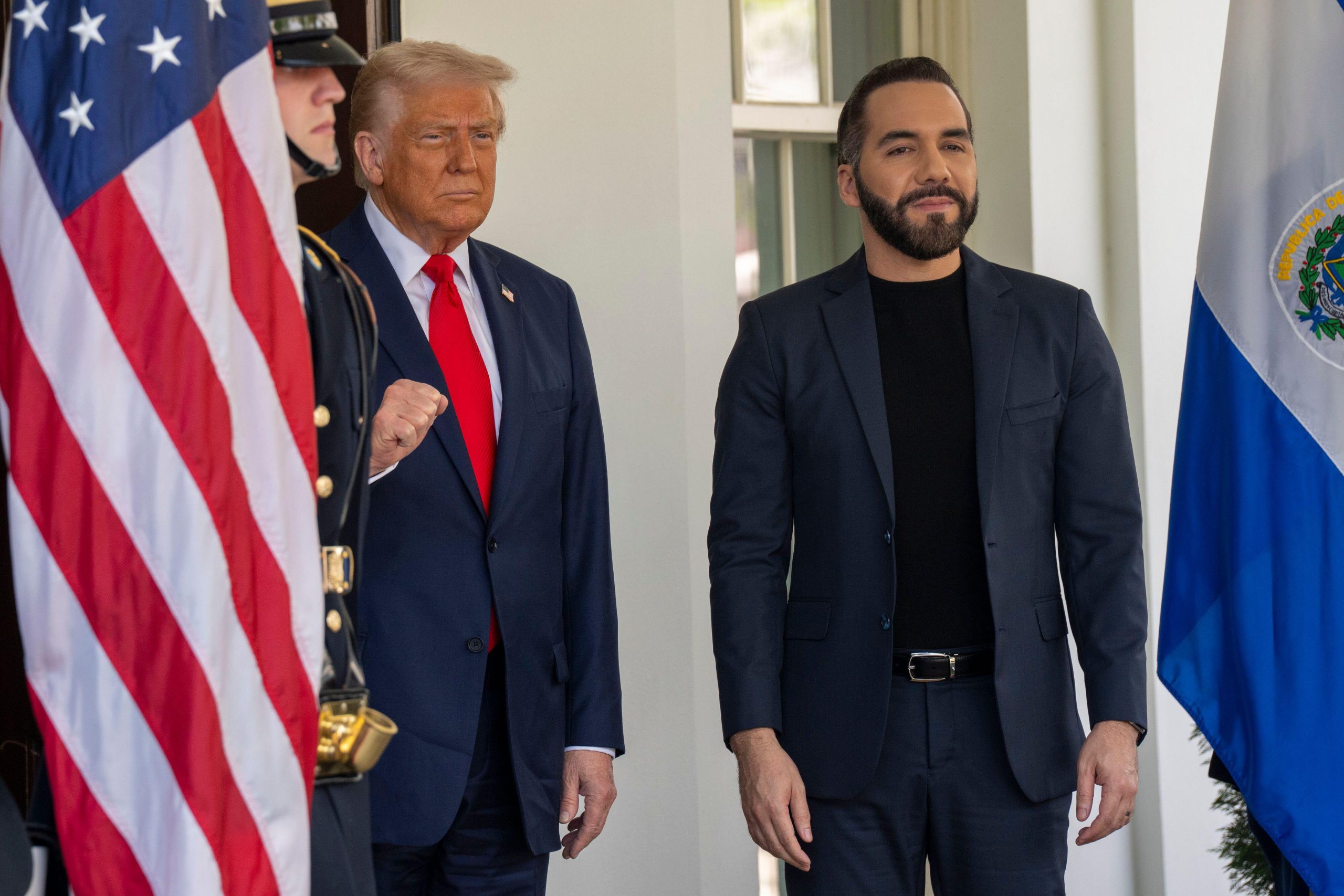Index on Censorship today welcomed Google’s announcement that it will no longer co-operate with the Chinese government’s censorship of google.cn, the company’s Chinese search engine
Index on Censorship editor Jo Glanville commented:
Google’s bold decision to challenge China will not, on its own, change the system. China has a sophisticated bureaucracy of censorship in place that will remain unshaken. But it will have an impact on how other search engines and western businesses operate in China. Google’s decision to be transparent about censored search engine results has already had a direct impact on how other search engines operate in China. This could be the start of a whole new approach to dealing with regimes that censor.
She added:
“Now that hacking has become a new tool in cyber wars against human rights activists, Google and others are going to have to work on a new front to safeguard freedom of expression. It’s one of the biggest challenges now facing free speech online and political freedom.”
On the company’s official blog yesterday, Senior Vice President David Drummond announced:
We have decided we are no longer willing to continue censoring our results on Google.cn, and so over the next few weeks we will be discussing with the Chinese government the basis on which we could operate an unfiltered search engine within the law, if at all. We recognize that this may well mean having to shut down Google.cn, and potentially our offices in China.
Drummond also revealed that attempts had been made to access the gmail (Google’s email service) accounts of Chinese and international human rights activists. Gmail is widely used by activists in China hoping to circumvent government surveillance.
Google had previously faced severe criticism from human rights activists and free expression advocates, who claimed Google’s compliance with Chinese censorship of sensitive search terms such as “Tiananmen”, “Falun Gong” or “Dalai Lama” contravened the company’s maxim, “don’t be evil”, by preventing the spread of information on democracy and human rights.




